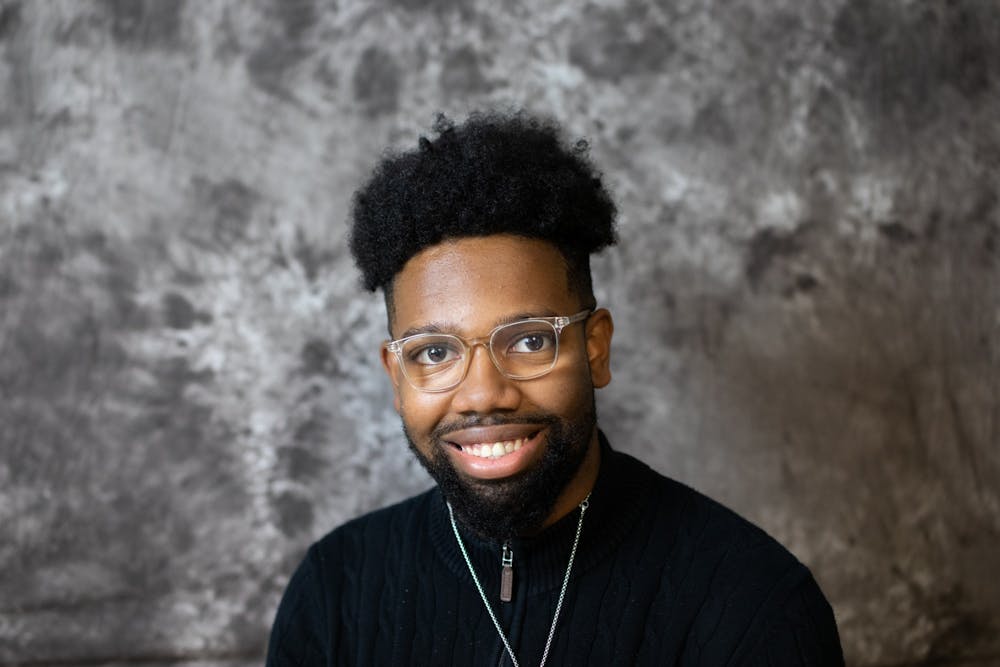I thought it was love even when he grabbed me by the neck and choked me, my feet dangling in the air, all because of a misunderstanding.
With his hand firmly gripped around my neck, I looked him straight in his face. The face of a man who held me in my first days of life, who I was supposed to look up to. But in those moments in his grip, I was looking down at him.
Once he felt he had proved his point, he threw me onto the couch. I sat there trembling. Tears flowed down my face. My heart pounded so intensely, I thought it wanted to escape my body.
I realized he was serious. He had the potential to kill me if I defied him enough.
The fear my dad instilled in me changed the way I lived. If I was around him, heard him, thought I heard him, expected his presence or even thought of him, I lost myself. The passionate, loving and creative child he raised was imprisoned.
I would restrict myself until I was his definition of perfect.
The way I walked, talked, interacted with those around me; my facial expressions, body movement, bowel movement and my overall personality changed when I felt his presence.
While not always as intense as being choked, instances of abuse and mistreatment were common in my childhood. It was not always physical abuse, nor was the abuser always the same person, but every instance left me deeply scarred.
Multiple family members and peers contributed to the continuous stream of increasingly poorer treatment, close-minded expectations and lack of affection I experienced. They hurt me, degraded me and outlined my flaws, typically without highlighting my greatness. These episodes of abuse made it blatantly clear that love could not describe those relationships, no matter how many times we said we loved each other.
How can it be love when they tear you down nearly every time you’re with them? How can it be love when you say you love them, but feel little affection or respect towards them?
Love becomes just another word, not a feeling.
I hoped that it was all a bad dream, but I could not hide from reality. The buildup of despair made me determined to escape my circumstances.
I coped with my situation by focusing on the future. I took the age-old question — What you want to be when you grow up? — to a unique level. I outlined my entire career path when I was 10 years old. I knew that once I gained the freedom of adulthood, I would never want to go back to the pool of depression I kept drowning in as a child. I believed if there would be one good thing that comes from my adversity, it would be future successes.
But being so determined to gain future success mixed with the long-term infatuation I felt for my family members who mistreated me had misconstrued my definition of love.
I thought that if I just put my heart out there and tried my hardest, those feelings would be reciprocated. And if they were not, it was my fault.
I didn’t know that love needed time. It takes some time for something to grow and become fully developed.
Experiences of abuse and mistreatment by the people who were supposed to love me made it blatantly clear that love cannot describe every relationship, no matter how close you are with them.
Infatuation is the red flag you don’t see because you’re blinded by the overwhelming emotions you feel. It’s a truth that not everyone understands.
For most, if not all, of my life, I held relationships of long-term infatuation that I believed were love. Those relationships slowly deprived me of my ability to feel secure with my emotions and myself.
I’m telling my story with the hopes that it helps you identify feelings of infatuation so you can avoid building relationships based on this overt form of attachment.
When you know the difference between love and infatuation, you can identify relationships where love is truly there and value those relationships more.
The news desk can be reached at news@ubspectrum.com





